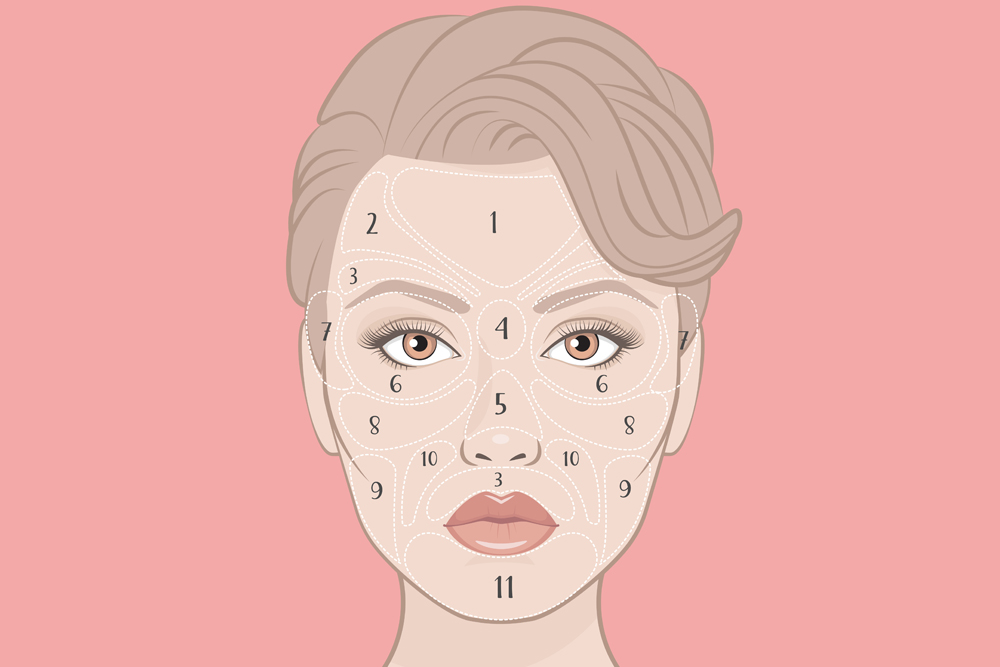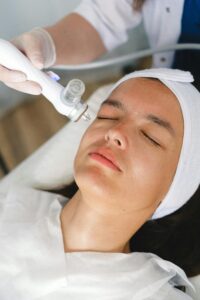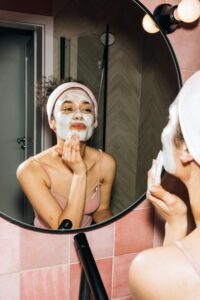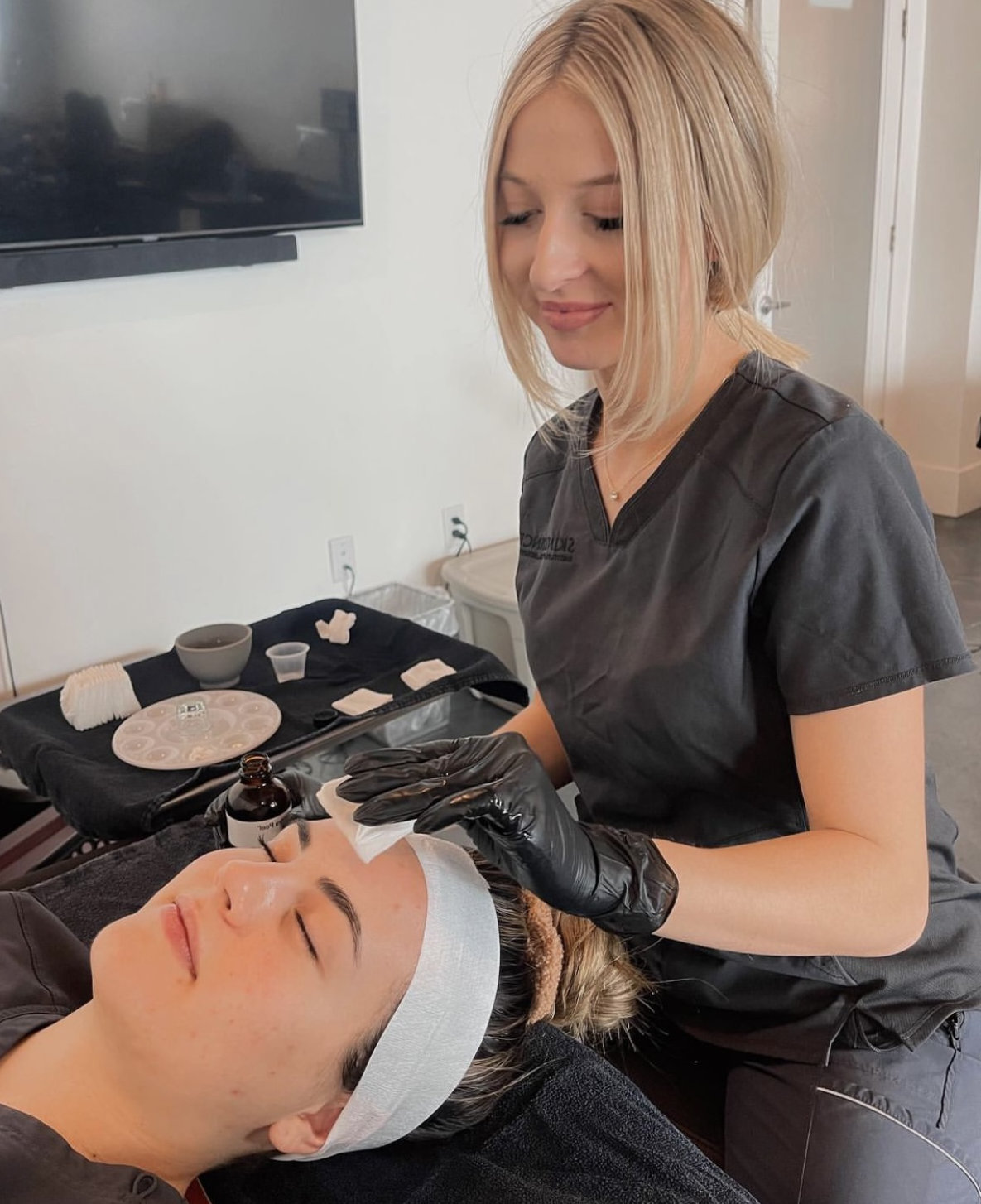Are you curious about how face mapping works and whether it holds any validity within skincare? As an esthetician student, it’s important to know that many makeup artists and skin professionals use face mapping to diagnose potential causes of skin concerns.
By taking a closer look at the different areas of a client’s facial structure, trained professionals can provide tailored advice based on their findings to help improve their skin health and complexion. Read on as we explore face mapping in more detail and discuss how you can confidently use this powerful tool in your work.
What is Face Mapping?
Face mapping is a practice in esthetics that involves analyzing your face’s skin to determine any underlying skin concerns. It is done by looking at all facial zones, such as cheeks, chin, nose, and forehead. During the mapping process, the esthetician typically looks for irregularities such as uneven pigmentation, redness, congestion, or wrinkles.
This analysis is then used to develop customized skincare regimens tailored to your clients’ needs. Face mapping can be particularly beneficial for those dealing with difficult-to-treat skin conditions, as it allows the esthetician to pinpoint which areas need more attention. By ensuring that each facial area is appropriately treated, face mapping can help improve the overall health and appearance of the skin.
Why Face Mapping is Controversial
The practice of face mapping has been a controversial topic for many years. While some believe it to be an ancient Chinese practice, others disagree and say that the method came from Indian Ayurvedic medicine. The idea behind face mapping is that each part of the face reflects various organs in the body. So, through careful analysis, one can understand which areas may suffer from issues or illnesses. However, there are still debates about the origins of this practice and its efficacy.
The Science Behind Face Mapping
Although there isn’t much scientific evidence to support this ancient practice, some studies have found that specific skin issues can arise from underlying health conditions. Studies have been conducted on the accuracy of face mapping over the years, but most have failed to produce conclusive results either way. Until more definitive data emerges, scientists will remain divided on this issue and continue to debate its merits.
Face Mapping for Estheticians
Students in esthetician school receive hands-on training and instruction on adequately analyzing the different areas of the face and identifying individual skin concerns and how to treat them properly. This technique examines particular areas of the face, all unique to each person, to identify potential organ system imbalances that could impact the complexion. Accurately mapping out a client’s skin type and condition ensures that they get exactly what they need from their skincare routine without guessing what might work best for them.
Why Is Face Mapping Important?
Face mapping is essential because it helps estheticians better understand their clients’ skin types, how different products will affect them, and how to treat them properly. Using this technique, estheticians can create highly customized treatments tailored to each client’s needs.
Is Face Mapping Legit?
Overall, while more research needs to be done before we can definitively say yes or no regarding whether face mapping is legit—as with any holistic approach—many people have reported positive experiences with this practice. However, consulting a qualified medical professional would still be your best bet if you seek more concrete answers about your health or skin concerns.
Face mapping can be an important tool to help estheticians better understand unique needs while providing a more customized plan for improving skin health overall. It is argued that the science behind it can be inconclusive and often controversial, but evidence suggests that face mapping may be beneficial when correctly applied. Ultimately, knowledge of skin anatomy obtained through education is vital to assessing overall skin health. Whether you’re a makeup artist or pursuing a career in skincare as an esthetician, understanding the basic principles of face mapping can help improve everyday skincare routine and discuss potential treatments with patients more confidently.
If you’re interested in a career in skincare in the Salt Lake City area, contact Skin Science Institute today for more information about our comprehensive esthetician school curriculum and fun learning environment!




